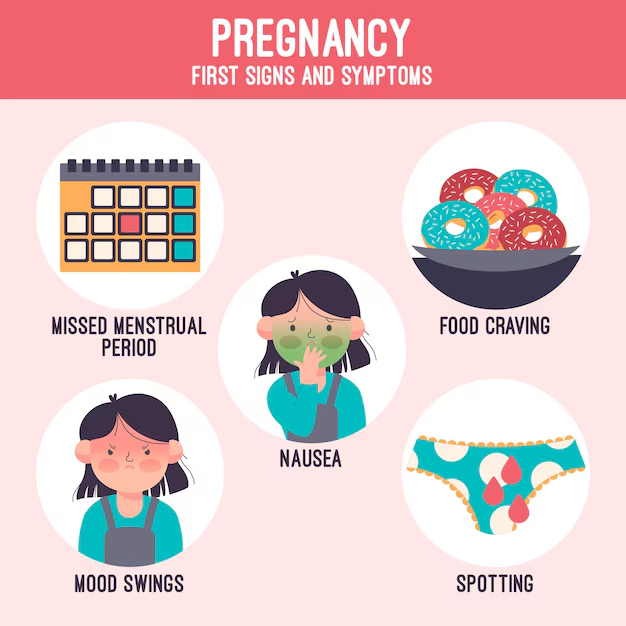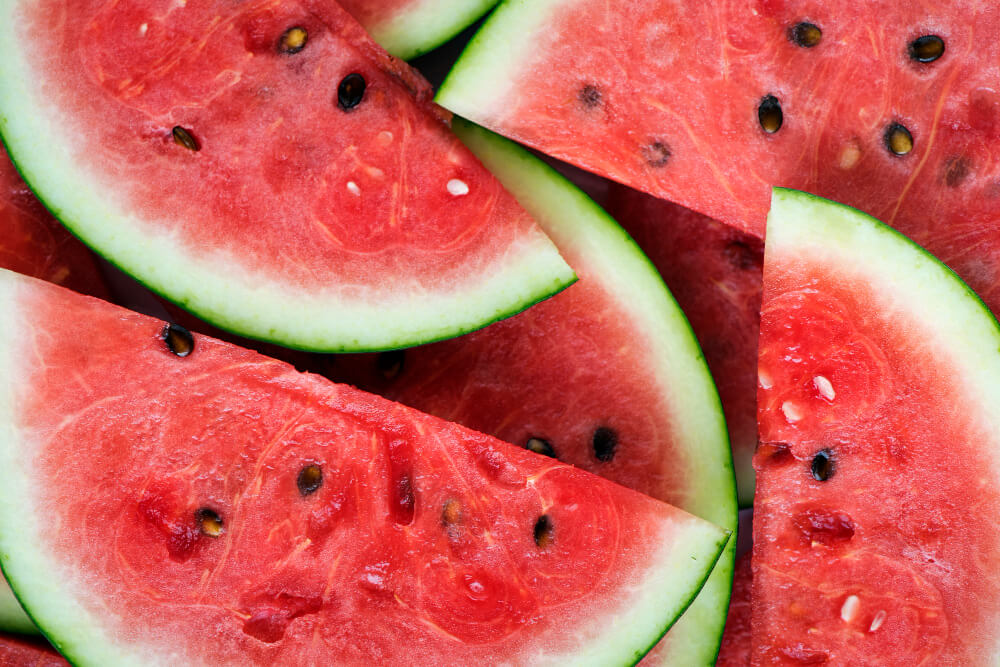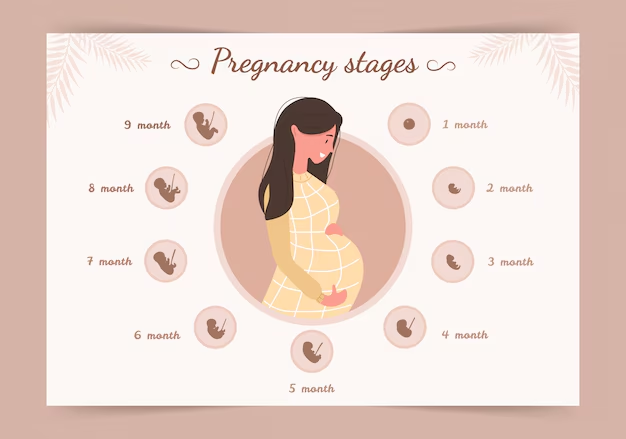Cold foods that soothe nausea

Pregnancy is a beautiful journey, but for many expecting mothers, morning sickness and nausea can cast a shadow over the joy especially in the first trimester. One of the most common and unpleasant symptoms, nausea affects up to 70% of pregnant women. While there’s no one size fits all remedy, many find that cold foods offer significant relief. Let's explore why this works and which chilled options can help soothe your stomach when it feels like a roller coaster ride.
Why Cold Foods Work for Nausea
During pregnancy, heightened hormones like hCG (human chorionic gonadotropin) and estrogen can trigger nausea. Strong smells, warm temperatures, and heavy textures may worsen it. Cold foods have a few advantages:
-
Mild Aroma: Cold foods tend to emit fewer smells, which helps reduce nausea triggered by strong odors.
-
Lighter on the Stomach: Cold foods are often easier to digest and less greasy or heavy.
-
Hydration Boost: Many cold foods have a high water content, which is essential during pregnancy.
Top Cold Foods That Help Soothe Pregnancy Nausea
1. Frozen Fruits
Frozen grapes, watermelon cubes, or mango chunks can be both refreshing and satisfying. These fruits are rich in vitamins and gentle on the stomach. Watermelon, in particular, is hydrating and mildly sweet perfect for queasy days.
2. Smoothies
Blend cold fruits like banana, berries, and spinach with yogurt or almond milk for a nutrient-packed smoothie. Add a touch of ginger or mint for an anti-nausea boost. Smoothies are customizable, and you can sip them slowly to avoid overwhelming your stomach.
3. Popsicles
Homemade or store-bought, fruit-based popsicles can do wonders. Try freezing natural juices (like lemon, orange, or pomegranate) into ice pop molds. They're refreshing, easy to consume, and ideal for hot weather or sudden nausea spells.
4. Yogurt
Plain or flavored, chilled yogurt is packed with probiotics and protein, both of which are beneficial during pregnancy. It's smooth, easy to eat, and can be combined with honey or fruit for variety. Avoid overly sweet or artificially flavored versions.
5. Cold Cereal with Milk
Whole grain or fortified cereals served with cold milk can be a gentle and satisfying option for breakfast or a light snack. The mix of carbs and protein can help stabilize blood sugar levels, reducing nausea.
6. Chilled Applesauce
This bland, mild-flavored food is easy to digest and can be served cold from the fridge. It's great when you need something soothing that won’t upset your stomach.
7. Cold Rice or Pasta Salad
A light rice or pasta salad with simple veggies and a bit of olive oil or lemon dressing can be eaten cold and is often easier to tolerate than a warm meal. Avoid heavy sauces or strong spices.
8. Icy Lemon Water or Electrolyte Drinks
Sipping on cold lemon water or a mild electrolyte drink can not only fight dehydration but also settle the stomach. Lemon is known for its anti-nausea properties, and cold beverages are easier to keep down than warm ones.
Tips to Maximize Relief
-
Eat small, frequent meals. An empty stomach can worsen nausea.
-
Keep snacks nearby. A bite or two of a cold food item every few hours may prevent queasiness.
-
Avoid trigger foods. Greasy, spicy, or heavily scented foods can make symptoms worse.
-
Listen to your body. What works for one person might not work for another.
When to Seek Help
While morning sickness is common, severe or prolonged nausea and vomiting (hyperemesis gravidarum) may require medical attention. If you can’t keep food or liquids down for more than 24 hours, feel dizzy, or are losing weight, consult your healthcare provider immediately.
Final Thoughts
Navigating pregnancy nausea isn’t easy, but the right food choices can make a big difference. Cold foods, with their refreshing nature and mild profiles, are an effective and comforting option for many expecting moms. Experiment with these chilled options and find what works best for your body because when you feel better, you and your baby both benefit.
Related Articles

Common Symptoms in the First Trimester and How to Manage Them

Tracking your energy across the cycle

Baby development at 41 weeks

Third Trimester (Weeks 27-40)

Avoiding stressful situations

Baby development at 10 weeks
.png)
Ovulation Calculator: Track Your Fertile Window Accurately
.png)
Pregnancy due date calculator